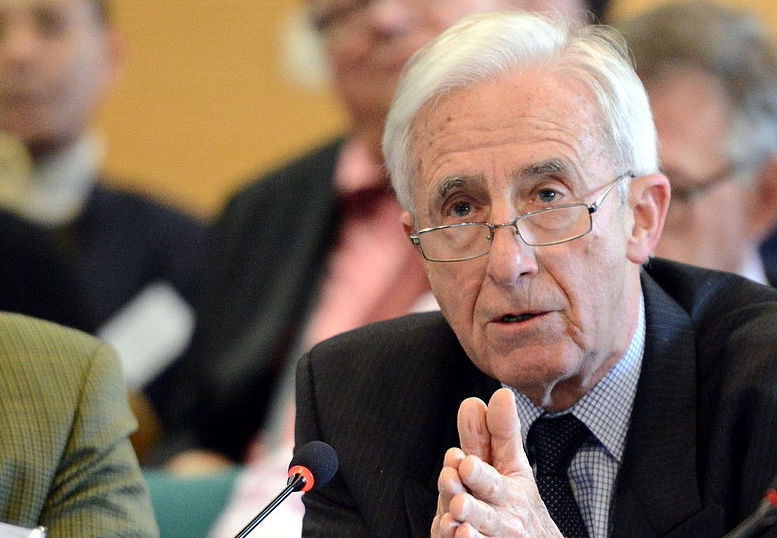In a life packed with experience Jacques Poos will probably be best remembered for the 15 years he spent as Luxembourg’s foreign minister under prime ministers Jacques Santer and Jean-Claude Juncker.
Like many successful politicians in the grand duchy, Poos was a graduate of the Athénée de Luxembourg high school. He went on to study economics and commerce in Switzerland and on his return, he was elected to the Esch city council for the LSAP. In 1964 he became director of the daily Tageblatt, which was located in Esch and had close ties with the socialist party and the OGBL union.
Poos was elected to the chamber of deputies in the 1974 general election and two years later he was appointed minister of finance to replace Raymond Vouel, the LSAP’s deputy prime minister in a coalition with Gaston Thorn’s DP, who resigned to take up a role as European Commissioner.
Following the 1979 elections, the LSAP were no longer part of the government, though Poos retained his seat as an MP. He returned to cabinet under Jacques Santer following the 1984 elections and was appointed deputy prime minister and foreign minister, with responsibility for trade and development.
When Luxembourg presided over the Council of Europe in 1991, Poos was heavily involved in EU negotiations over the civil wars in the former Yugoslavia. He was, for example, a signatory of the Brioni Agreement that ended the short conflict that would see Slovenia gain independence from Yugoslavia.
Chinese connection
Poos kept the deputy PM position and foreign ministry portfolio under new prime minister Jean-Claude Juncker in 1995, when Santer was appointed president of the European Commission. But he did not lead the LSAP at the 1999 elections (when it was ousted in favour of a CSV-DP coalition) and instead went on to be elected to the European Parliament. But he retired from politics in 2004.
Poos was appointed to the boards of several public institutions and private companies. In 2009 he was appointed as an independent non-executive director at the Bank of China in Luxembourg – he had been on one of Luxembourg’s very first economic mission to the middle kingdom in 1976.
In 2019 he spoke with Luxembourg For Finance to mark the 40th anniversary of the arrival of the Bank Of China. “There were objective strategic considerations behind the decision. The Chinese came to hear that there were talks about a common European currency and this helped Luxembourg to attract banks. A decade later, Deng Xiaoping declared Europe to be China’s objective ally.”
